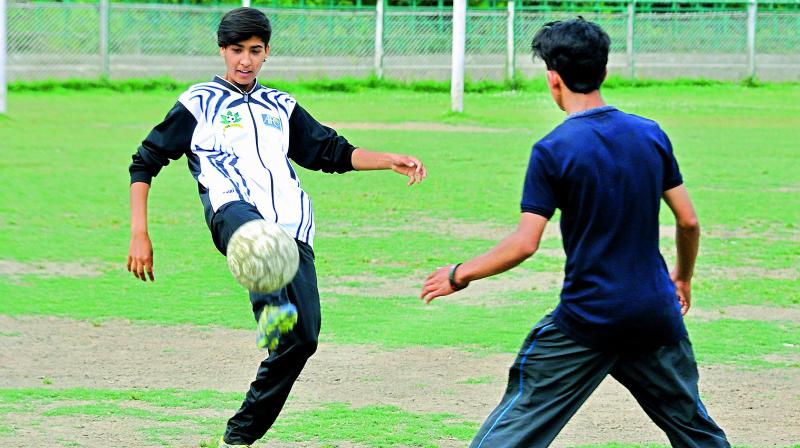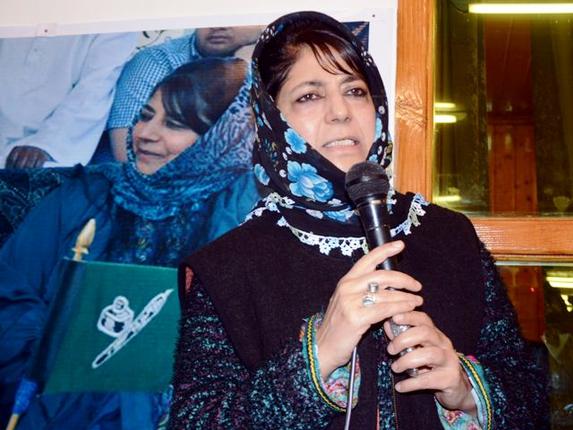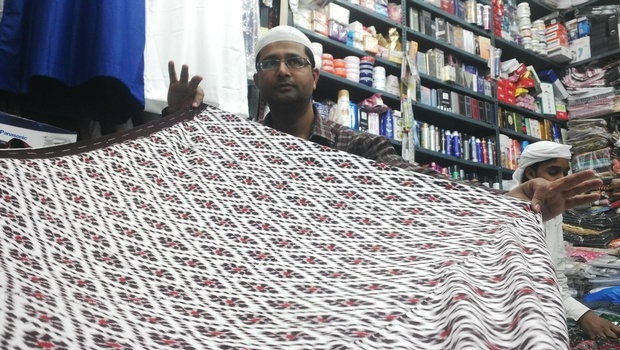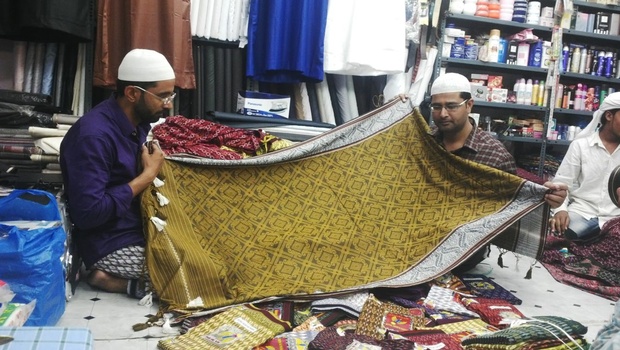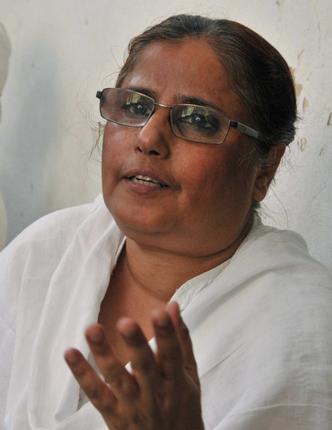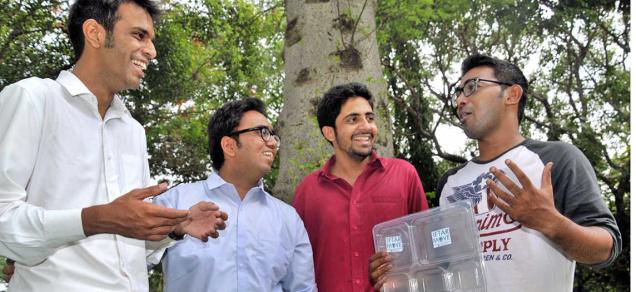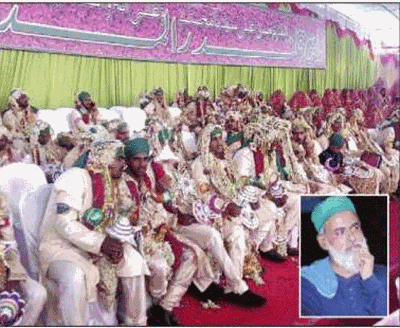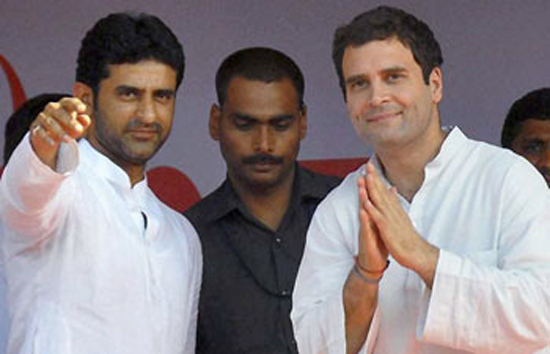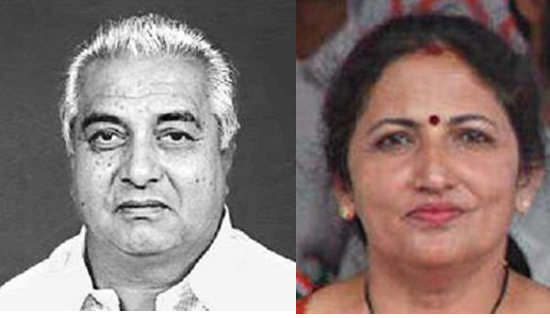JAMMU & KASHMIR :
Kashmir :
“I just kept watching their pursuit for a while and then requested the coach if even I could join them. He agreed and in about half an hour, I came to know what the game is all about,” Nadiya recalls. “Until then I knew football only as another ball game. Later, I learnt you can work wonders with it. I found it to be a very interesting game and have not moved away from it since then,” Nadiya says who has since, stepped into Dar’s shoes and is incidentally Kashmir Valley’s first female football coach and referee now.
Also, she is the youngest among all the game coaches of the Valley, who just at the age of 19, is training about 30 under-19 players of her own club and a team at the government-run Women’s College at Srinagar’s Maulana Azad Road. She also engages 29 young boys and girls in the 6-12 age group in soccer coaching drills and games at the ‘Grassroots Centre,’ which is being run by Jammu and Kashmir Football Association (JKFA) in the Himalayan state’s summer capital.
“In fact, I teach them and at the same time, I learn as well. It has been a wonderful experience,” she adds.
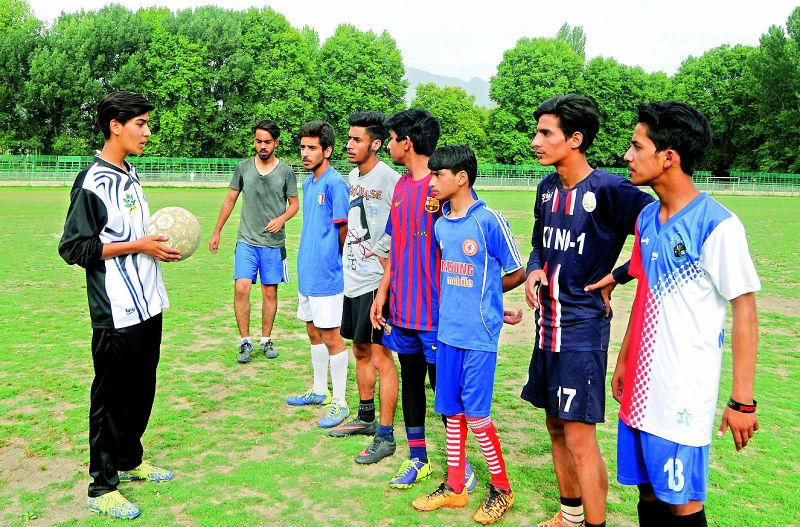
She passed her 12th Class examination as a regular student of a J&K government-run school (Channapora) a couple of months ago and is now trying to get admission in a physical training institution outside Jammu and Kashmir to pursue a career in sports, with football being “her life”.
“I would like to go outside J&K. A few have suggested Punjab. But then I learnt that Haryana has better options to offer when it comes to football,” says the girl from a middle class background. If she gets enough girls to join her in the Valley, then she might dedicate her time and skills to build a powerful home- team instead. Unfolding her future plans, she reveals, “If that happens, I might seek admission in the Women’s College here and while pursuing my studies, I will train and form our own girls’ football team.”
So far, she has been able to find 18 girls, most of them are of her age and are willing to join her team. But, in most cases, it is their personal longing for the game, which is not backed by their families. “Unfortunately, only a few are being supported by their families. The rest are willing to play but their parents are discouraging them,” she laments.
Nadiya herself had to face resentment from her mother as it was considered a taboo for women to get into a professional employment, leave alone sports. “My mom cautioned me that people will start spreading unpleasant rumours about me joining (a sport), which may ruin my life. But, my papa put his foot down and said that, “If she is interested in making a career in football, nothing should stop her.”
Luckily, I now find a hardened supporter in my mom as well and I do hear encouraging words from neighbours, relatives and friends, who would earlier raise their eyebrows,” Nadiya spoke to the correspondent after holding a tough 60-minute-long soccer training session with half-a-dozen boys at Srinagar’s Polo Grounds sports facility run by the JKFA.
Sameer Gulzar, a trainee, says, he is being trained by Nadiya from the past five months. “I, like the others, have learnt a lot about the game. She is a good coach who trains us with utmost care and tenderness. She never loses her temper. If one of us makes a mistake, she graciously tells him where he went wrong and how he can rectify it,” said the 17-year-old aspirant.
Like Sameer, others in the group were astonished when they first came across a female coach and when they were told that she would be training them. “Now, it is normal. We come here, do our drills and return home happy, with a resolve to return here for the next session. She is really good and there is no problem in communicating with her,” he adds.
Not only in football, but across almost all sports in Jammu and Kashmir and the entire country, the dearth of women coaches is felt by all aspiring sports women. “This is one of the main reasons why women are not coming forward to play and make a career in football and other games in Kashmir. The JKFA has been very helpful to me. It has given me access to use its facilities, including grounds and tools to train both males and females, but the girls are reluctant as they don’t find these secure enough. For instance – Bakshi Stadium, it is a sheltered place but the round-the-clock presence of security forces within the premises dissuades girls from relocating there to train or play the game,” she said.
As far as polo grounds is concerned, parents are not ready to allow their children to play while being watched by men, “If the government comes forward, releases funds and provides the required facilities, including secure locations for girls to play, we would soon be able to put forth a women’s football team of international standards,” Nadiya says, hoping that, “What is important is changing a person’s thinking about women pursuing a career in sports. Culture badalna chahiyen.
There are many there (who like me) who are inspired by Cristiano Ronaldo and Lionel Andrés ‘Leo’ Messi or want to follow the footsteps of Lotta Schelin and Kim Little. But, before they actually give it a try, the Kashmiri society has to change and it must welcome women who are interested in male-dominated career options,” she concludes.
source: http://www.deccanchronicle.com / Deccan Chronicle / Home> Sunday Chronicle, Headliners / by Yusuf Jameel / June 26th, 2016
